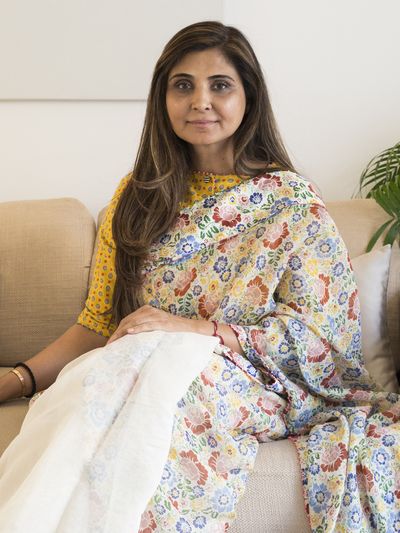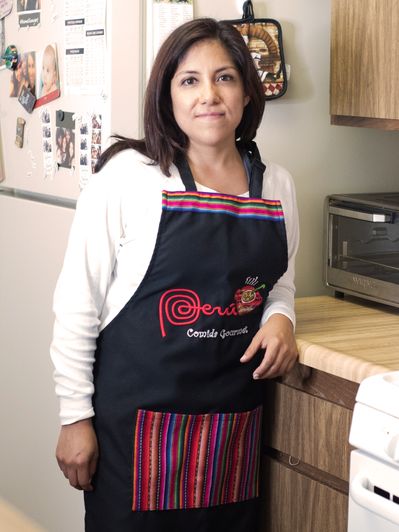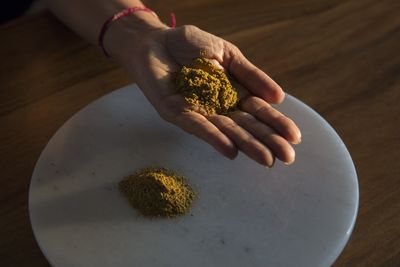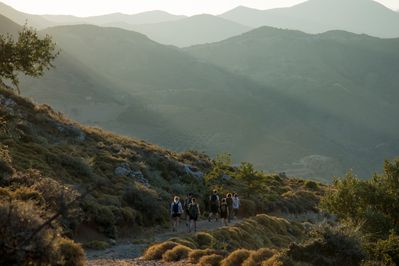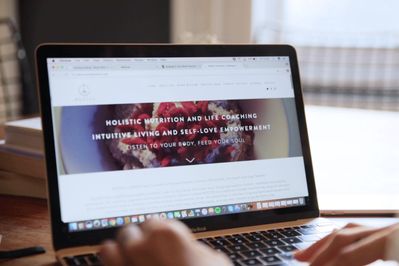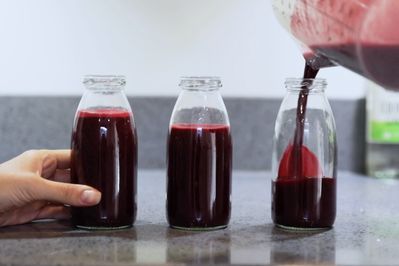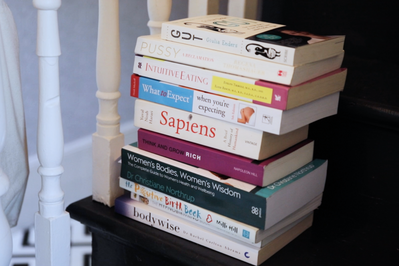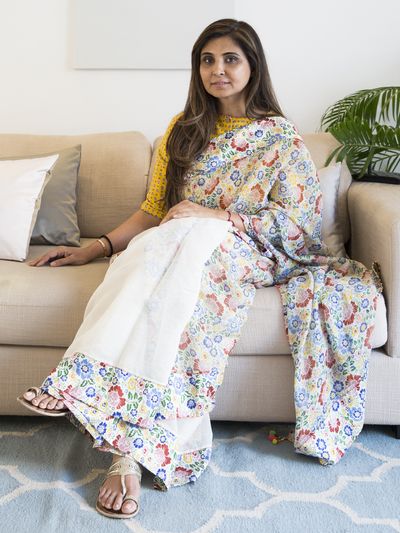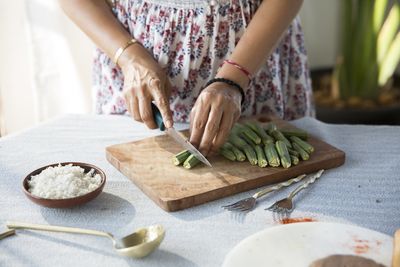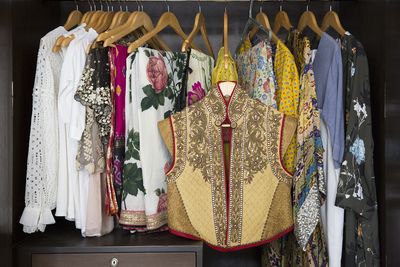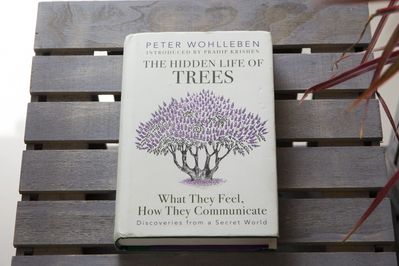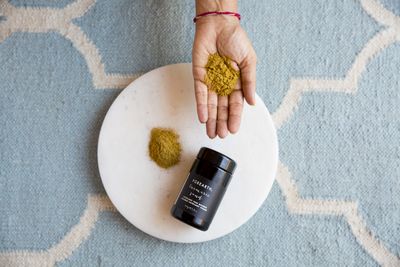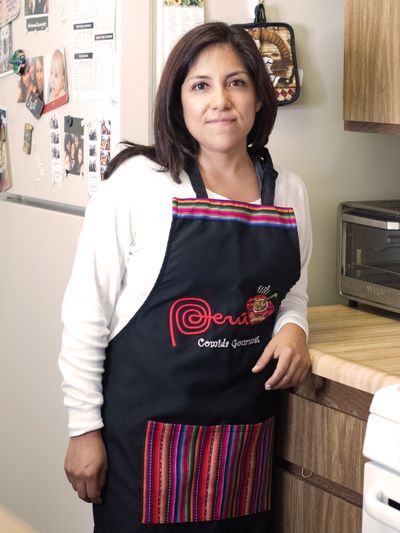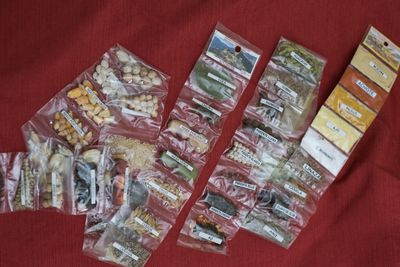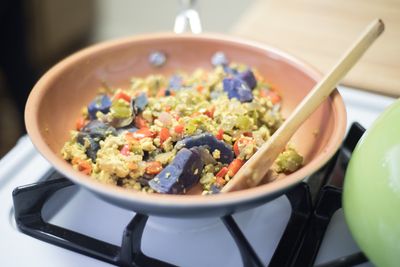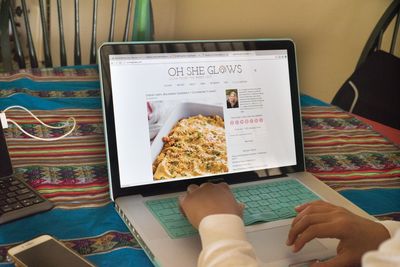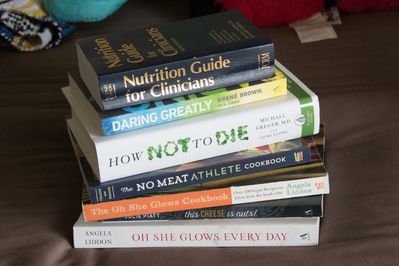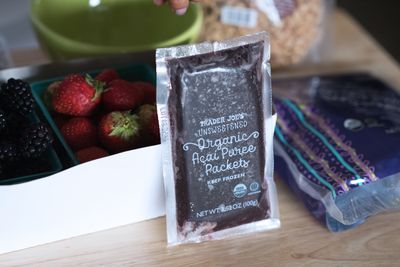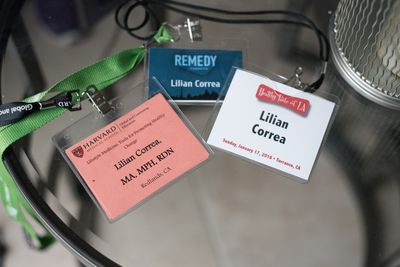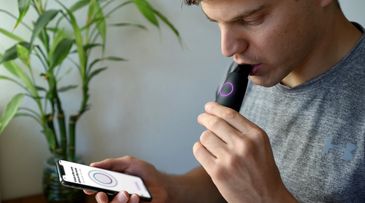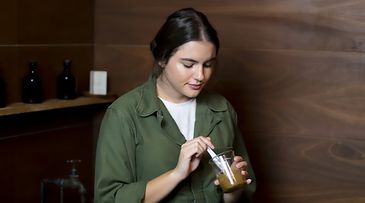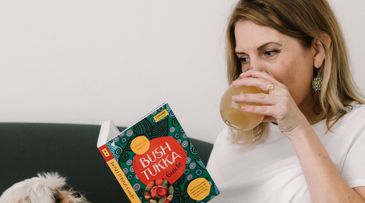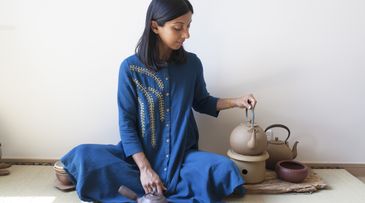In this article
Diets are dead. Well, at least for The Upstreamists they are. Rejecting quick-fix solutions, they represent a growing consumer mindset who adopt a more holistic approach to wellbeing and view food as nurturing, nourishing and medicinal. They believe that you can use food and drink in the same way you might use technology – to prevent health problems by upstreaming your eating habits. It is an evolution of the idea of Upstream Health, a notion we first explored in our 2015 macrotrend The Optimised Self. Explaining the concept at the time, Rishi Manchanda, founder of Health Begins, said: ‘We need to improve health where it begins, which is not in a doctor’s office but [upstream] where we live, work, eat, sleep, learn and play.’
This sentiment, combined with the growing wellness movement and a backlash against clean eating, lie at the root of this new mindset. Consumers are increasingly tired of deceptive health claims or lazy marketing, and are turning to more reputable, medically assured sources to help them make more enlightened food choices.
A clear indicator that more people are buying into the idea of using food as medicine is evident in the current value of the healthy eating and preventative medicine sectors. According to the Global Wellness Institute, the healthy eating, nutrition and weight loss, and the preventative and personalised medicine and public health sectors are valued at £509bn ($648bn, €580bn) and £419.4bn ($534bn, €478bn), respectively. ‘It is finally being recognised that nutrition is a very important factor in our health, and so the preventative healthcare industry will continue to grow,’ says Nadja Pinnavaia, founder and CEO of Euphebe.
Into this environment, The Upstreamists tribe is emerging. Members are united by their 360-degree approach to their wellbeing, their Anti-diet Mentality and their proactive approach to food consumption. They are also bonded by their investigation of their bodies and emotional wellbeing, and their following of only trustworthy health gurus to help them make their food choices. Our tribe members are Kavita Khosa, who lives in Pune, India, and uses the Ayurvedic medical system to inform her diet, Ramsgate-based Pandora Symes, a nutritionist who practises and teaches Intuitive Eating, and Lilian Correa, a health educator based in San Bernardino, California, who uses food to address ailments and culinary medicine to inform her food and drink choices.
Authentic knowledge
These tribe members value authenticity and are not phased by social metrics or influencers. Pandora and Lilian only trust in scientific experts that have been in the industry for a long time. ‘I love the work of people like Emma Cannon, a fertility expert who has in the field for 25 years,’ says Pandora.
At the other end of the spectrum, Kavita doesn’t base her food choices on modern nutrition or scientific knowledge. She is led by ancestral knowledge and Ayurveda. ‘My grandparents and elders around our community are very knowledgeable and they influence my food choices today.’
Food as nourishment
Unsurprisingly, food is regarded as extremely nourishing to The Upstreamists, and they believe that every food choice they make has a direct impact on their bodies. ‘I am very conscious of what I eat in terms of how I treat certain conditions,’ says Lilian, who once stocked up on tart cherry juice after injuring her back to alleviate the pain. ‘It has anti-inflammatory properties and it also helps me to go to sleep, as it supports melatonin production.’
Kavita, who takes a more Ayurvedic approach, eats food based on the temperature and the season. ‘If it’s winter and I eat coconut I’m likely to catch a cold.’ Meanwhile, Pandora assesses what needs nourishing that day – whether it be her body or her emotions – and eats accordingly.
Conscious consumption
Ethical consumption is seen as an extension of these tribe members’ personalities as they opt for socially conscious and ethical products.
Pandora would much rather buy something second-hand from eBay so she is ‘supporting the universe’. Similarly, Kavita leans towards organic cotton products. ‘I am very conscious of where the natural fibres come from and whether they come from fair trade sources.’
Beyond fashion, Lilian is very supportive of companies such as Starbucks that are socially responsible. ‘I need to know the places where I’m eating or buying are doing good things in the world,’ she explains.
Unprocessed products
For The Upstreamists, the quality of the food they eat is thoroughly considered. Lilian avoids processed foods and veers towards a plant-based, whole foods diet, and limits her sugar, bread and oil intake. ‘I define whole foods as unprocessed – such as potatoes, legumes and brown rice. They all come naturally in that form,’ she says.
Pandora buys a weekly organic Abel & Cole box, and her meat is always ethically sourced. ‘We’ll always buy a grass-fed, organic chicken,' she says.
Considering herself a purist, Kavita will only eat local foods or buy from brands such as Conscious Food, which she believes ‘works well with her genetic Indian structure’.
Anti-diet mentality
Going against any traditional notion of dieting, The Upstreamists’ food and drink choices are without restriction and often rely on intuition.
Pandora eats more intuitively and is guided by what her body tells her. ‘When I was pregnant, I craved Chinese foods, and I just had to surrender to it.’ Grounded in indigenous knowledge, Kavita has never dieted and says: ‘If I hear of any kind of a diet or trend I must be honest, I tend to look at it a bit cautiously.’
As a dietician, Lilian knows people with a genuine gluten intolerance, but believes that gluten-free food products tend to be trend-driven. ‘I don’t avoid gluten, because I don’t think you should have to if you don’t have allergies or if you don’t have an intolerance,’ she says.
Pandora Symes
Pandora Symes from Ramsgate is the founder of Rooted London, an intuitive eating and self-love empowerment platform
Film and photography by James Maiki
How does food relate to your health?
From a very young age, I grew up with all sorts of issues with food. I used to be a publicist, but decided to retrain as a nutritionist and life coach. Through the process of appreciating food’s value, I realised that like me, many of my clients first needed to deal with their own emotional blockages before seeking any nutritional advice.
I decided to do some more research and I came across the book Intuitive Eating, which was first published in 1995, and it made a lot of sense to me. Intuitive eating is about bringing yourself back into your own body. It’s about listening to what your body wants and what it needs for nourishment from the foods you eat.
Using the book as inspiration, I decided to create my own principles, as well as incorporating self-love empowerment into it as well. So it was really about re-educating people to help them to be more intuitive, not just with the foods they eat, but with the way they live their lives.
What are your views on diets such as clean eating?
I don’t think clean eating was ever meant to have the negative connotations that it ended up having. What does clean eating actually mean? We shouldn’t be looking at food as either clean or dirty. We should be looking at food in terms of how it makes us feel and how it nourishes our body. Eating a burger is not dirty, but if you’re eating one every day there will be health consequences.
When we look at clean eating, obviously there is such a strong emphasis on our food consumption, but we need to look at where we’re buying everything else from too. Where are we buying our clothes? Are we recycling? Are we looking after our environment? Are we driving two minutes down the road when we could walk? I think we need to look beyond just our food consumption and think about a more holistic, 360-degree approach to the idea of clean in our lives.
I try to be as clean or ethical a consumer as I can. I think we consider all aspects of this, from recycling to walking where possible, and generally being conscious about the environment. When we get an organic vegetable box I make sure we use everything, and if we buy a chicken, I’ll boil the bones twice and make sure that I get as much of that bone broth as I can. I also buy a lot on eBay because I would rather buy second hand.
How has being pregnant changed your relationship with food?
In the first trimester, I learned more about intuitive eating than I have in the past 33 years. At first, I was quite sick and could only eat toast, and then I craved really heavy, greasy foods, especially Chinese, but in these instances you just have to surrender to your cravings and understand that if your intuition is telling you that’s what it needs then that’s what it needs. As soon as I hit the second trimester, I was back to my normal diet – eating lots of green vegetables, smoothies, soups and stews.
What do you look for in a food and drink brand?
I’ll always look for authenticity and really strong messages in any food and drink brand. It’s all very well saying you’re an organic brand, but what are your ingredients?
In the health world, lots of brands claim they are the answer to weight loss. Slimming teas would be an example of that. I think it’s all very well saying that it provides X for the body, but what research do they have to back it up? Personally, I buy a lot Asian produce from Clearspring and I love the Pukka brand. I buy its herbs, teas and supplements because it is really good quality.
Kavita Khosa
Kavita Khosa is the founder of natural beauty brand Purearth. She is from Pune, India, and now lives there after spending many years in Hong Kong.
Photography by Asmita Parelkar
How does food relate to your health?
From a very young age I have followed an Ayurvedic diet, which has been passed down from my grandparents and elders in my community. I make meals that are Ayurvedic-based and in accordance with my Indian genetics and culture. This means eating simple, local Indian foods and avoiding soy, for example, as I don’t believe this works with my genetic make-up.
An Ayurvedic diet is based on the belief that we are all in rhythm with nature and that to remain in balance you need to eat according to the seasons. This belief says that every food has an innate potency, hot or cold, which plays a key role in terms of its impact on the body.
If I eat cold foods in the winter such as watermelon or coconut, for example, I’ll become sick. Certain foods are also very bad for the mind. Garlic is an example. It is excellent for the body as it is antibacterial, antiviral and anti-inflammatory, but it will make your mind become off-balance and agitated.
What does your relationship with food and drink show about your views of the world?
I believe everything that I touch touches me. In terms of consumption of other goods such as fashion, I lean towards natural fibres and organic cotton. I want to know that the organic cotton is coming from fair trade sources. Are the producers being paid fair trade prices for what they produce and what they sell? All that informs my choices, so it’s really a natural extension, whether it’s food, clothing or even where I choose to travel.
What do you look for in a food and drink brand?
I look for local and fair trade produce that I trust. In India, there is a brand called Conscious Food and I trust it blindly. This is because the lady who founded it more than two decades ago goes to the farms, picks the produce and understands where it’s coming from. Outside of India I will make sure that I investigate the back of the label, and if it all makes sense to me, I will buy it. Otherwise, I am quite cautious.
Where do you get your knowledge from and who do you trust as a source of information on Ayurveda, for example?
Most information about food and drink has been passed down through my childhood as indigenous knowledge. I also studied Ayurveda for a year, which just corroborated everything I already knew from my community. I also use the internet and books, and I have a lot of books on Ayurveda. Other than that, I trust the doctors or professional consultants that I met while studying.
What are your views on diets?
I don’t follow fads. In fact, if I hear of any kind of a diet or any kind of a trend, I must be honest, I tend to look at them quite cautiously because I am strongly connected to ancestral knowledge and Ayurveda. I believe in eating seasonal foods that work for me. I respect the research surrounding probiotics, but I don’t agree that we should incorporate kimchi or sauerkraut into our daily diets just to follow the latest fad. I think it’s important to look to our own food systems and the diets native to our culture when deciding what to eat. I would be happy to eat curd and fermented pickle, but only when it works synergistically with my diet as a whole and if it provides my system with the probiotics it needs.
Lilian Correa
Lilian Correa, 37, lives in San Bernardino, California, but grew up in Peru. She is a dietician and bilingual health educator.
Photography by Brian Yap
What is culinary medicine and what made you interested in pursuing it as a career?
I grew up with an interest in health, but after my grandpa got cancer I became more interested in using food as medicine, or culinary medicine. I questioned why he became sick as he was a vegetarian, ate very healthily and did lots of exercise. It made me interested in how I could help him and other people with simple dietary changes.
Culinary medicine, for me, is the definition of using what nature provides. I think today we often don’t take into account that everything that we put into our bodies has a chemical reaction and we rely on the pharmaceutical industry too much. We only think of medicine as medicine, but never really think of food as medicine. Food is the best type of medicine that we can get, whether it’s vitamins, minerals or nutrients.
How does food relate to your health?
I am very conscious about what I eat and what I put into my body to treat certain conditions. I hurt my back exercising a few months back, for example, and to help the healing process I increased the amount of anti-inflammatory foods that I ate. This included tart cherry juice because I know that it has anti-inflammatory properties, but it also helps support melatonin production to help me sleep.
Most of the patients that I see are overweight or have heart problems, which makes me consider everything that I eat, but I also use tricks of the trade to find new ways to cook. I avoid any refined or processed foods such as oil or salt, but I’ve learned that by sautéing everything with water and using lots of different spices you can make food really tasty.
How has your Peruvian upbringing influenced your food choices?
Peru is a very rich, biodiverse country with a lot of indigenous knowledge on herbal medicine. I’ve acquired a lot of this knowledge from my family, which has been passed down through the generations. My grandmother taught me to use oregano tea for menstrual cramps. And I love using cacao from the Amazon for its antioxidant properties. I add it to smoothies or acai bowls, which I make in the morning.
I’ve travelled a lot to other countries such as Brazil, Belize and Honduras on mission trips where we have had the opportunity to share culinary medicine concepts. One interesting observation from my time in the Amazon is that the closer a village was to the mainland – where there was accessibility to more processed, Western foods – the more cases we saw of type 2 diabetes and hypertension. The farther away the village was from the mainland the fewer the diseases. People in those villages were fitter, healthier and relied mostly on natural resources for medicine and foods.
What do you look for in a food and drink brand?
It’s important to me that a brand I buy stands for something good or is socially responsible or makes an effort to create healthy products. I like Trader Joe’s because it tries to incorporate itself into the community and stocks products from local farms.
When buying a new product, the first thing that I look at is the back of the label to read the ingredient list as this is the only place you can trust.
Who are your influences when it comes to food and drink?
I get a lot of my recommendations from people that I follow on Instagram. I follow Badass Vegan as well as Nimai Delgado, who is a vegan athlete. I also follow Michael Greger who runs the site nutritionfacts.org. He dedicates his career to extensive research about any topic in nutrition, especially the most current ones. He has a team of researchers that compile everything that is being said about gut health, for example. He makes videos explaining the research and citing all of the articles. His motto is ‘I do the research so you don’t have to’, which I really like.
I tend to get recommendations from the people that I’ve come to trust. In order to trust them, I have to make sure that I know that their message aligns with mine – so I make sure they are socially responsible, for instance.


